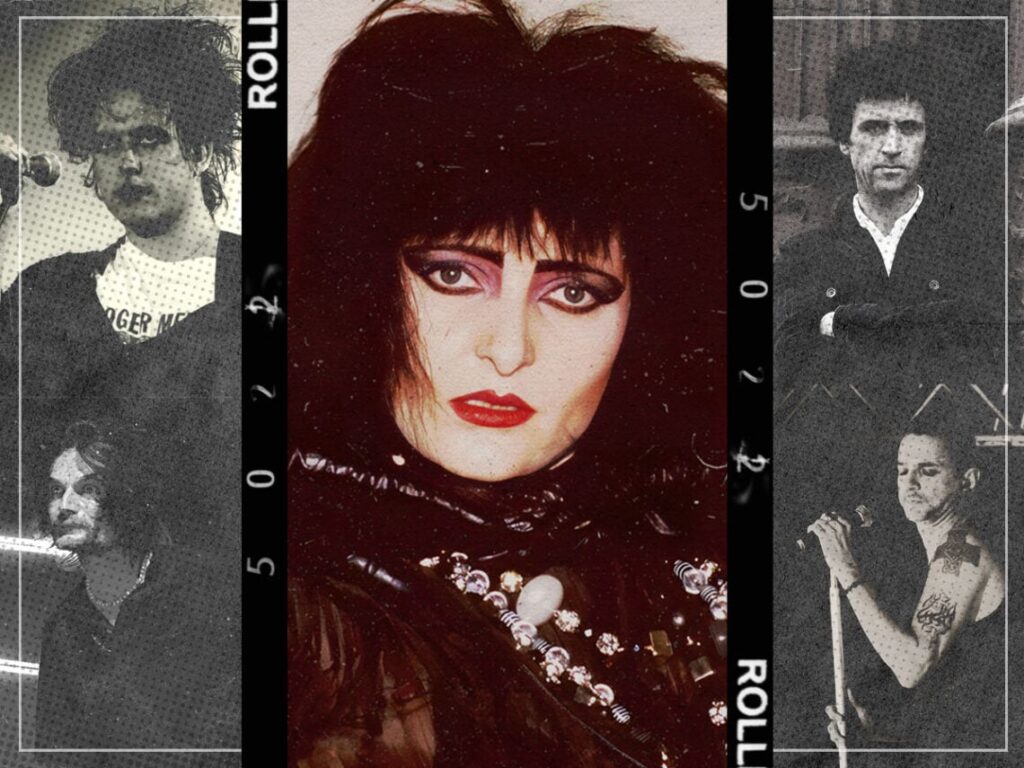‘Candyman’: Siouxsie and the Banshees face trauma head-on
 Posted On
Posted On
(Credits: Far Out / Alamy / Raph PH / Josephine S)
One of the most important things punk fans look for in punk music is authenticity. The genre was born out of frustration and being fed up with the state of the world, so for a punk artist to be taken seriously, they had to genuinely believe in what they were saying. The Sex Pistols were successful because of Johnny Rotten’s brutal lyricism and emotive delivery; it won over audiences who bought into his words. In one of those audiences, moved by the harsh realism conveyed by Sex Pistols’ music, was Siouxsie Sioux.
Sioux would go on to completely embody everything that punk stood for. Her music was emotive, honest, and raw. She had a lot to be angry about, a frustration towards middle-class suburbia, and a number of horrible moments from childhood, which meant that she had a lot to channel into her music. While it’s wrong to praise suffering in the pursuit of art, there is no escaping that a lot of what she went through came up again in her music.
“I grew up having no faith in adults as responsible people. And being the youngest in the family, I was isolated – I had no one to confide in,” she said, as run-ins with her alcoholic father and being sexually assaulted by a stranger gave her a strong distrust towards the rest of the world. “So I invented my own world, my own reality. It was my own way of defending myself – protecting myself from the outside world. The only way I could deal with how to survive was to get some strong armour.”
That armour came in the form of music. Sioux channelled rage into her sound, using it to confront those past traumas and hold a middle finger up to a world that she couldn’t stand the sight of. She did more than follow in the footsteps of punk legends; she outran them, making her own as she had music that still spoke truth to power but was also a lot more personal.
Being angry at something intangible is easy. Fuck the system! Fuck the government! It all rolls off the tongue well, as there are no real repercussions to the statements made, and they portray the person saying them as nothing more than a non-confirming bundle of attitude. Sioux went much further than this general approach to disdain. She made punk music that spoke internally, drawing from real-world experiences to create something that fans could connect with and understand her in a better light.
One of her most vulnerable tracks is 1986’s ‘Candyman’, in which she tackles trauma head-on. When it first came out, many people thought the song was about a drug dealer, so Sioux put out a press release that clarified the track’s meaning.
“It’s not anti-drug, it’s anti-incest. We actually issued a press release statement thinking, if they’re going to think that, we might as well say what the song is really about,” she concluded, “We’re also trying to be very careful not to sensationalise or trivialise it because it’s something that’s frustrating to talk about without doing one of those two things. I suppose that’s always a reason why you write, because of your inability to express it.”
[embedded content]
Related Topics


